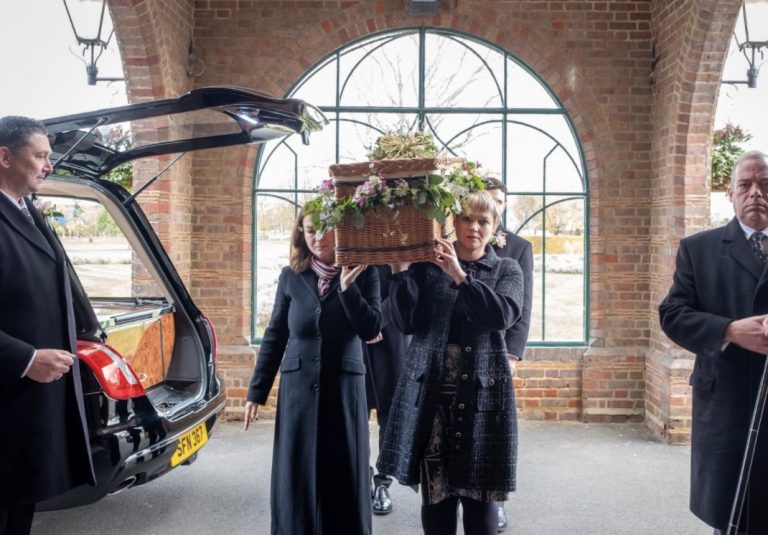Are you the kind of person who is worried that when you die there won’t be enough money to pay for your funeral? Would you like to ensure your loved ones won’t be left to foot the bill? There are things you can do ahead of time to make sure your funeral costs are taken care of. Choose the best over-50 funeral plan and you also get peace of mind knowing that your wishes will be respected.
Story Stages
Planning Your Funeral
You can plan for your funeral at any time and it’s easy to get the process underway. Start by writing down what you want and tell someone where you’re going to keep the information. If you want, there’s no reason why you can’t give someone you trust a copy.
The details of your funeral are going to depend on the cost, so it’s also a good idea to know how much it will cost and how it’s going to be paid for.
One way of paying for your funeral caskets in advance is with a funeral plan or an over-50s funeral plan.
What is a Funeral Plan?
A funeral plan allows you to pay in advance for some of your funeral expenses. The biggest benefit of this kind of arrangement is that you pay in advance but at today’s prices.
Funeral plans are available from funeral plan providers or funeral directors. The money you pay into your funeral plan is used to cover your funeral costs when the time comes.
You can choose what you want to be included in your funeral plan and then pay for it in one lump sum or monthly instalments.
If you can afford to, it’s best to pay in one lump sum. Choosing to pay in monthly instalments will cost more because of interest charges and administration fees. Something else to consider is that if you pay in instalments and die within two years of taking out the funeral plan, the money you’ve paid may not cover the cost of your funeral.
What Does a Funeral Plan Include?
The cost of your funeral plan will vary depending on what kind of funeral you’d prefer. Most funeral plans include the services of a funeral director. The responsibilities of a funeral director include taking care of the deceased, arranging the funeral, and organising transport of the body.
The cost of a funeral is affected by things such as:
- The type of funeral and ceremony you prefer
- The type of coffin
- Which provider you choose
- Where you live in the UK because local costs can vary
If you choose to pay for your funeral plan in one lump sum, you can expect to pay between £2500-£5000. Burial plans tend to be more expensive than cremation plans. If you choose direct cremation, the cost could be as low as £1500. However, with a direct cremation, there is no ceremony.
Other Ways to Financially Plan for Your Funeral
Paying into a funeral plan is not the only way to pay for your funeral and ensure loved ones don’t have to cover your funeral costs.
Your other options include the following:
Putting Money Into a Savings Account
The most straightforward way of saving for your funeral is to put a little money aside every month.
However, there are risks with this option. For example, you might die before you’ve built up enough savings. Funeral costs are also likely to rise faster than any interest you earn on your savings.
With a funeral plan, you pay for your funeral at today’s prices, even if you die in 20 years.
If you want to open a savings account and pay for your funeral that way, look for an easy-access cash savings account. Most building societies or banks will release funds for funeral costs from this type of account before probate is finalised. All you need to provide is an itemised bill from a funeral director and a copy of the death certificate.
Employment Benefits
If you’re still working when you die, some employers pay a fixed sum that is typically three to four times your annual salary. This payment is made to nominated family members. Similarly, if you’re a member of a professional body, trade union, or other association, they might pay a benefit when a member dies.
Over 50s Life Insurance Plan
If you’re aged 50 or over, there is the option of over 50s life insurance. This type of plan guarantees to pay out a cash lump sum to your beneficiaries when you die.
Money Left Behind in Your Estate
When you die, there may be assets that could be sold to pay for your funeral. These might include valuables, investments, or your house. However, you must make it clear in your will that you want this to happen.
Something else to consider with this option is that it can take some time for assets and other properties to be sold and for the estate to be settled.
